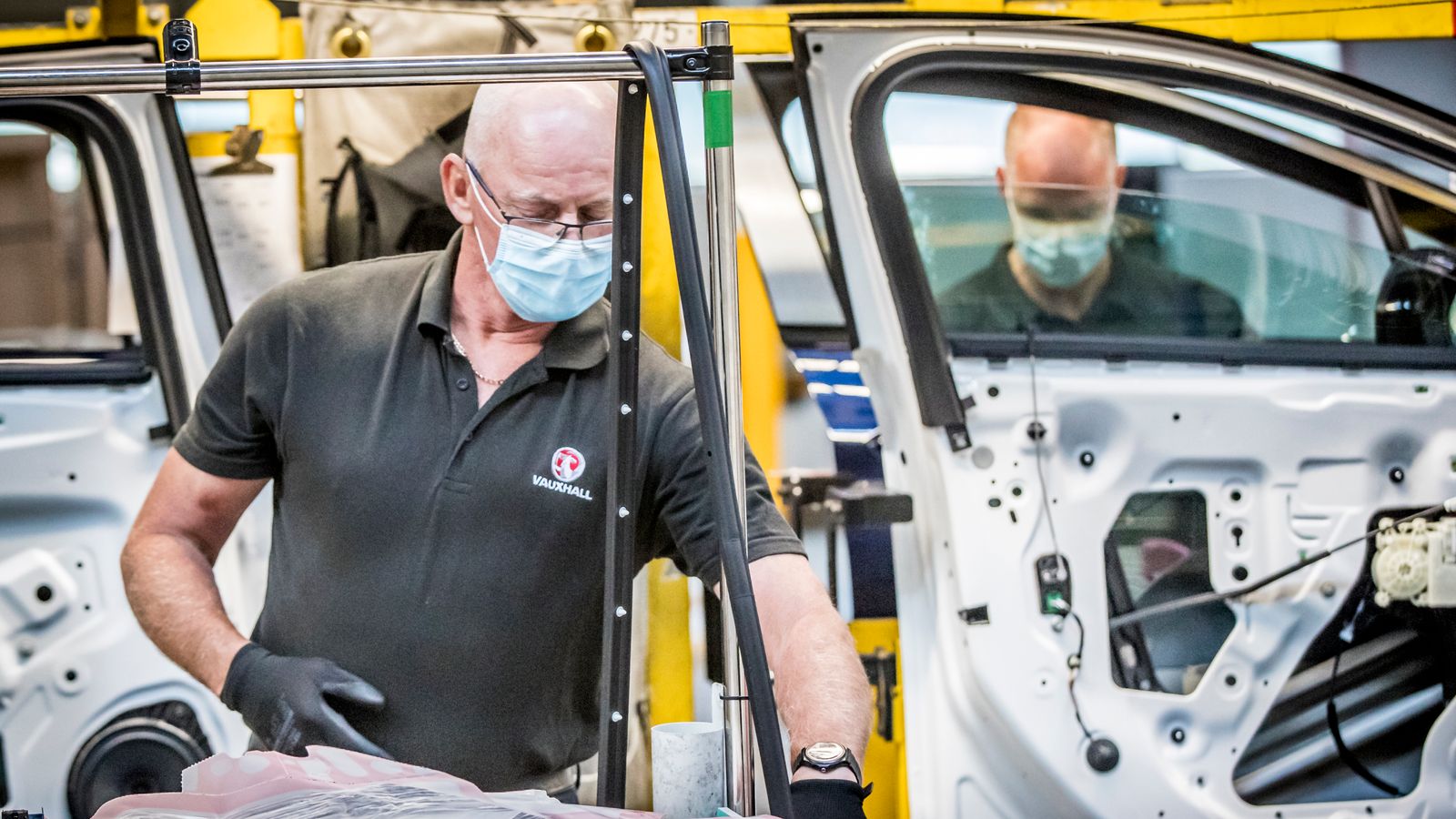The commitment from Vauxhall’s owner Stellantis to build electric vehicles at its Ellesmere Port plant is a second jolt of good news in five days for a British car industry adjusting fast to the electric revolution.
After Nissan revealed its plans for a new electric vehicle and a battery “gigafactory” at its Sunderland base last week, it secures 1,000 highly-skilled jobs in the North West, and future-proofs a plant that has made internal-combustion engine cars since the 1960s.
It is a victory for Vauxhall’s UK management, an endorsement of state support for a strategic industry, and another clear signal that the electric dreams of environmental campaigners are fast becoming reality.
Ellesmere Port is best-known for the Astra, first-choice of families, corporate fleets and boy-racers since the 1980s but now approaching the end of the line.
Vauxhall had been bidding to make the next generation of Astras in Cheshire when production of the current estate model ceased, competing with Stellantis plants across Europe for the work.
Boris Johnson’s announcement that new internal combustion engine vehicles would be banned by 2030 killed that project dead. Instead, Vauxhall sought to persuade Stellantis, which also comprises Peugeot, Citroen and Fiat, that it had an electric future.
The proposal was for a refashioned factory making eight vehicles on the same new all-electric platform, four minivans and four cars derived from the same model.
Stellantis was keen, but only proceeded after months of hard-fought negotiations with ministers that continued until late last month.
The total investment in repurposing the plant at Ellesmere Port is £100m of which the taxpayer is thought to be contributing £30m, a larger proportion than the approximately 10% government is thought to have offered to Nissan and battery partner Envision AESC.
Vauxhall’s UK managing director Paul Willcox is adamant that the deal would not have been closed without state support.
“The decision was on a knife-edge,” he said. “It was a very tough process to get through. The group would only take a decision to allocate to Ellesmere Port if it was economically viable compared to other options, so the government were very supportive to find a way within the rules.”
Business secretary Kwasi Kwarteng welcomed the deal and justified pouring public money into private enterprise. The sight of Unite boss and arch-conservative critic Len McCluskey greeting him at the plant for the announcement suggests the workers agree.
The deal also illuminates another theme of our changing commercial world. The boom in home deliveries caused by digital shopping has caused a spike in demand for the vans – Light Commercial Vehicles in motor-trade jargon – that drive the last mile.
But that largely diesel-powered fleet brings with it emissions.
Electrifying white van man with alternatives like the Vauxhall Combo-e, Peugeot e-Partner & Citroen e-Berlingo, all of which will roll off the Ellesmere Port production line next year, is a step towards cutting them.

